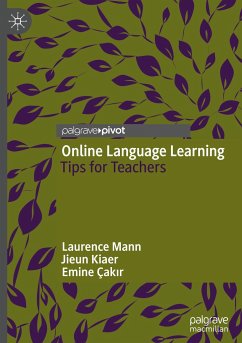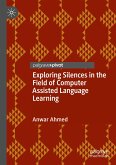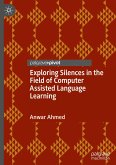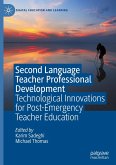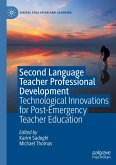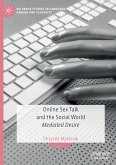This book provides tips and guidelines for teachers and learners of modern foreign languages in higher education institutions, drawing on the authors' experiences of teaching languages including Turkish, Japanese and Korean to suggest strategies and approaches that promote effective use of the online environment. As well as shedding light on modern languages that are typically under-studied and under-represented in the literature, this book demonstrates how the online sphere is increasingly fundamental to language use, change and contact. The authors provide practical guidance to help teachers and learners capitalise on the opportunities presented by a virtual educational context, and offer a more resilient blended approach that will increase teachers' and students' preparedness for changing circumstances and institutional priorities in the future. This book is primarily aimed at teachers and students of foreign languages within HE settings, but its focus on new perspectives willalsobe of interest to scholars researching the online shift in language education, applied linguistics, curriculum design and educational technology.
"This book has many merits. ... each chapter is well-signposted and clearly structured, additional praise is merited for the book's composition, Indeed, the advice offered in the volume makes it of relevance to a broad audience ... . Accordingly, this book is recommended as a valuable pedagogical resource for language teachers working in virtual, hybrid, and even face-to-face environments." (Antony Hoyte-West, Turkish Online Journal of Distance Education, Vol. 24 (3), July, 2023)

